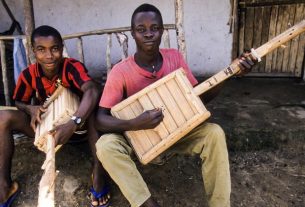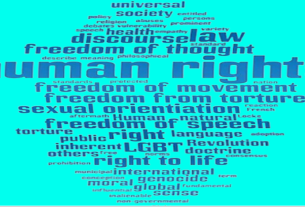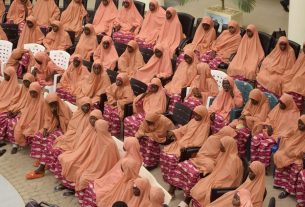Photos on social media picked up in the Turkish media on July 17 featured a warm welcome in Türkiye for two faction leaders of the Syrian National Army (SNA), a loose coalition of armed opposition groups Türkiye sponsors in areas of northern Syria it occupies. In one photo, the two leaders are welcomed by Devlet Bahçeli, leader of Türkiye’s Nationalist Movement Party (Milliyetçi Hareket Partisi, MHP), the main coalition partner supporting President Erdoğan’s government, and in another they are posing with a convicted Turkish mafia leader. The photos are a stark reminder of Türkiye’s failure to rein in abuses by groups it supports.
Bahçeli and Alaettin Cakici, the convicted mafia boss, separately met with commanders Saif Abu Bakr and Mohammad al-Jassem, who have both been accused by the United States of perpetrating and overseeing egregious abuses by their respective factions, the Hamzat Division and the Sultan Suleiman Shah Brigade. The abuses include unlawful killings, abductions, torture, extortion, sexual violence, and property seizures.
They and their factions are both subject to US sanctions and al-Jassem, also known as Abu Amsha, was even investigated by a coalition of SNA factions in December 2021. The coalition said he was responsible for crimes against civilians, including threats, intimidation, assault, and robbery. Both men continue to lead their factions undisturbed, as do others accused of abuses. And areas of northern Syria under their control remain lawless and insecure.
This is, in large part, precisely because Türkiye has long fostered an environment of impunity in the areas it occupies in northern Syria. A February 2024 Human Rights Watch report documented atrocities committed by various factions of the SNA, including the Hamzat and Sultan Suleiman Shah factions. These include abductions, unlawful detentions (including of children), sexual violence, and torture. Additionally, the report highlights widespread looting, pillaging, and property seizures, and reveals the failure of accountability measures to curb these abuses or provide restitution to victims.
Photo ops like this demonstrate that Türkiye is not only uninterested in addressing these abuses but appears to celebrate and embolden the very individuals responsible for them. Bahçeli’s public association with the two faction leaders undermines efforts to hold them accountable and signals tacit approval, or official tolerance, of their actions.
The apparent celebration of these men in Türkiye starkly contrasts with its responsibilities as an occupying power, showing a blatant disregard for accountability, justice, and the future stability of the region.


